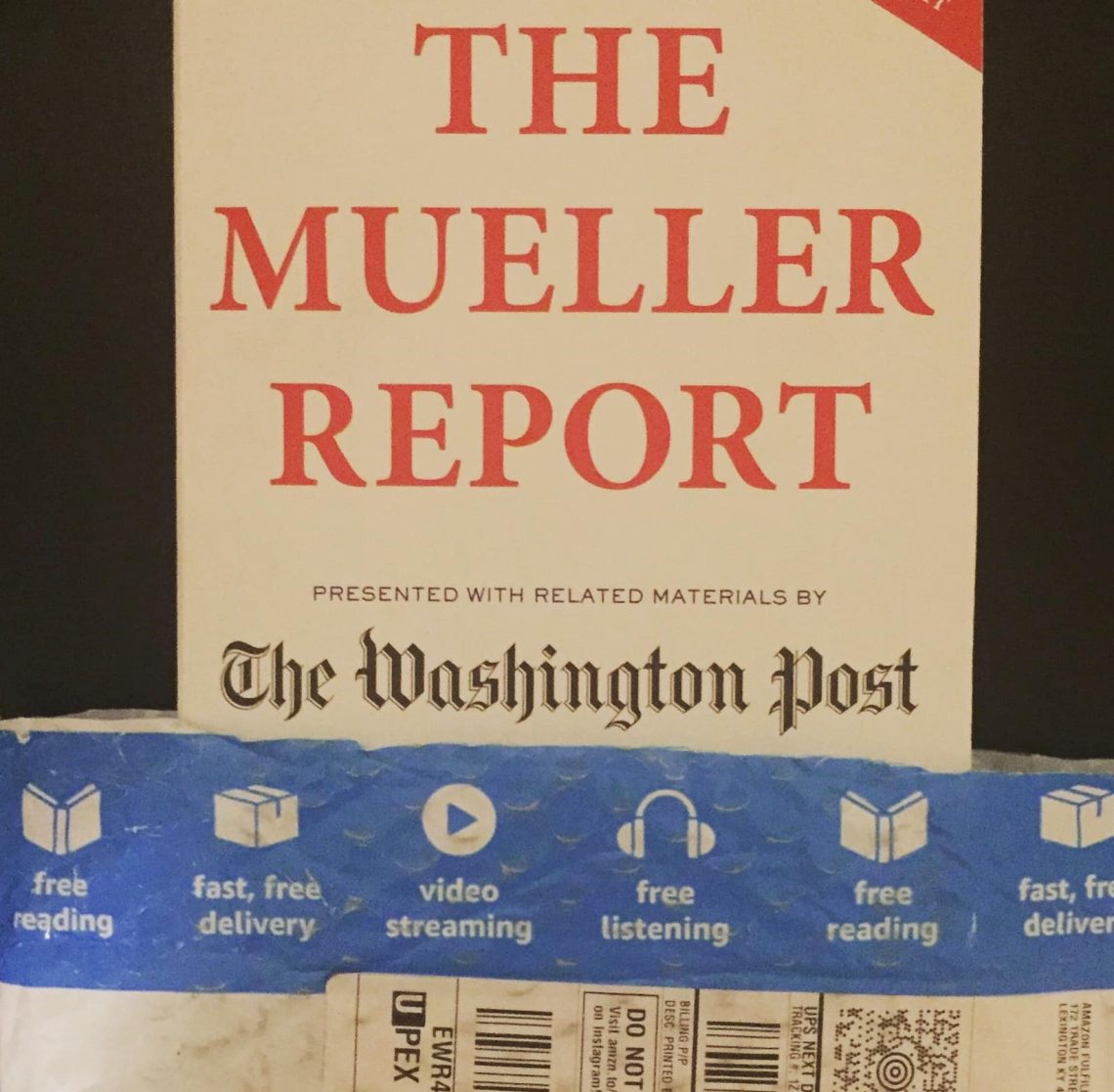
Setting Aside the President
For the past six years, I have taught my students about the web, why it was built, how it was built, and the direct role they have in continuing its ongoing construction. But within this framework, one of my lessons has dealt specifically with the methodology of hacking. Not that I am teaching my kids HOW to hack, but essentially, what web hacking looks like behind the scenes and how that should impact their decisions about online behavior. Then today, after reading more than 100 pages of the Mueller Report, I found myself both encouraged to know I’ve been teaching with an appropriate sense of urgency about the topic, and equally discouraged, realizing how little anyone in the present administration or the larger electorate seems to care about the risk such hacking poses to the future of American institutions or the soundness, continuity, and preservation of our experiment in American freedom.
Let me explain one particular type of hacking in brief.
Every election office in a particular state has an email account. Imagine Hacker A acquiring all those emails, since they are public record and usually found on all county websites, then sending out a phishing message to each of those accounts. By “phishing,” this means that Hacker A attaches a document that he/she hopes will get opened. It won’t mean anything to the recipient, but upon open, malicious software gets installed onto the computer where it was opened and Hacker A need only wait and watch, via keystrokes (to read emails, dig through folders, and catch passwords) or cameras (usually turned on and unblocked). If they are patient enough, which hackers inevitably are, then they simply wait for clues to other accounts of merit, other officials and other politicians who communicate with the victim computer, and any other means of access to crucial information about our processes and our ballots.
In the case of the 2016 Election, a specific Russian entity did just this across multiple states, including more than 60 election offices in Florida, and managed to acquire access to at least one office when a recipient opened the intended attachment. Multiply this effort by 100 or even 1,000 and you have a glimpse of the dangers posed by international hacking, particularly as it pertains to the honesty of fair elections. Phishing emails to election offices was only a small fraction of the hacking on record.
The Mueller Report deals with a host of issues, but this one I thought was truly heartbreaking, all Trump campaign issues aside. Namely, because I am the only K12 teacher I know who’s been teaching anything even close to the topic of the web and its vulnerabilities. Moreover, I’m genuinely saddened that I will not be teaching this subject in the semesters ahead. And now that we’re already in the midst of threats from international parties, who have seen how easy it is to manipulate the passive amongst us, with an administration and supporters so hell-bent on disparaging the value of any existing investigation or the institutions that conduct them, we are unlikely to be free of this problem for many years.
You don’t have to be a technology guru to understand that the Web is a means of communication and that such means will only ever be as secure as we believe it must. And right now, while the Web is the most dominant means through which we all communicate, Web security is not yet an American priority.
And I find that tragic.

Notre Dame on Fire
